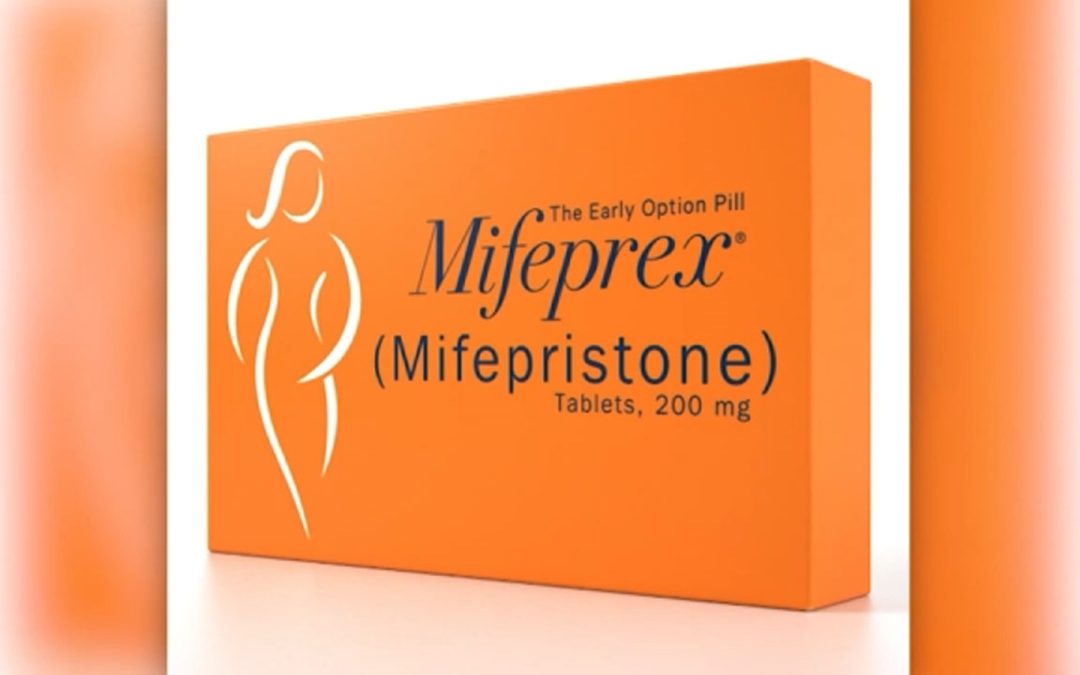With the recent Dobbs decision in June 2022 that revoked the federal right to abortion in the United States, many feared that access to abortion care would be severely limited. However, a new report from the Guttmacher Institute has revealed some surprising trends in abortion rates in the US.
Despite bans that have taken effect in more than a dozen states since the Dobbs decision, the report shows that there were more than 1 million abortions in the US in 2023, the highest rate in more than a decade and a 10% increase from 2020. This increase suggests that access to abortion care has not ceased, but rather shifted in response to the changing policy landscape.
One notable trend highlighted in the report is the rise in medication abortions. According to the Guttmacher Institute, nearly two-thirds of all abortions in the US in 2023 were medication abortions, a significant increase from previous years. This method, which involves taking two pills (mifepristone and misoprostol) rather than undergoing a surgical procedure, has become more common than ever post-Roe.
The report also notes that despite the total bans on abortion in some states, neighboring states and states where abortion remains legal have seen an increase in the number of abortions provided. This suggests that efforts by clinics, abortion funds, and logistical support organizations have helped individuals access care despite the legal barriers in place.
However, the future of medication abortion in the US faces a significant legal challenge. The US Supreme Court is set to hear oral arguments in a case that could impact access to mifepristone, one of the drugs used in medication abortions. This case raises questions about the authority of courts to overrule determinations by FDA experts about a drug’s safety, potentially limiting access to a safe and effective method of abortion care.
Overall, the Guttmacher report sheds light on the complex landscape of abortion access in the US. While bans in some states have posed challenges, the efforts of providers and support organizations have helped individuals access care through alternative means. As the legal battle over medication abortion continues, it remains crucial to ensure that all individuals have access to a full range of safe and effective options for reproductive health care.
